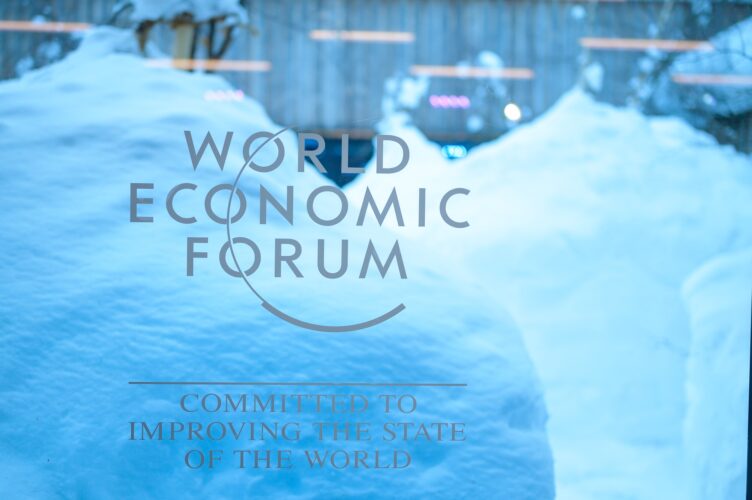The general response from many conservatives is that Klaus Schwab is dangerous and maybe an evil guy, and the World Economic Forum is dangerous too. Schwab is an octogenarian born in 1938 who launched the WEF, the rich and well-connected who gather to seek solutions for the new technological world. Recently I wrote on my Official Facebook Page about one of his friends who has attended the WEF, Yuval Harari. His book, Homo Deus, covers similar themes to Schwab’s book but his predictions are more frightening and really lead humanity to a world dystopia controlled by a powerful elite. Harari, the Hebrew University professor, is a determinist (there is no such thing as free will) a radical atheist, and naturalistic evolutionist.
With all that is said, all the accusations, by so many about Schwab and the WEF, I thought it best to read some of his books. So, I picked two, The Fourth Industrial Revolution (2015) and The Great Reset, a response to COVID (2021). The latter was written when the COVID plague was more serious and some of its predictions have proven false. The books do not seem to show Schwab nearly as demonic as portrayed and are less value destructive than Harari. Yet they are of significant concern.
In both books, Schwab summarizes the challenges brought by the fourth industrial revolution, information technologies, artificial intelligence, robotics, the surveillance state, which he surprisingly warns against, gene manipulation science, and so much more. The dangers in job losses, the concentration of wealth, new types of weapons, and more are painfully real. People are constantly hooked up to devices, and college people today have lost much capacity for human empathy. So, some of what Schwab presents is cause for real concern. The Fourth Industrial Revolution is the Hi-Tech Information Revolution. It is fraught with dangers, but Schwab also believes it can be promising. The key issue is that the leaders of nations, businesses, and education will manage it by agreed-upon values and norms for the good of humanity. This will take cooperation across nations since technology knows no boundaries. Reading all the changes that are taking place and will take place is almost nauseating. Even Schwab’s books are almost overwhelming (not in difficulty of language but cataloging so much change).
Schwab does not call for one world government. It may be his intent, but his books do not call for this but do call for levels of international cooperation on a level that could lead to this. And this cooperation will be through the class of leaders he specifies in government, science, technology, education, and even faith.
The primary issues are the same as with Harari. Schwab naively thinks something as vague as received human values can be sufficient to manage. However, he gives no clarity on how such values will be preserved and gives no foundation for such values. Harari is more realistic in saying that from his worldview, freedom is an illusion and that humanity will be ruled by a class of supermen, Homo Deus. Harari argues the idea of the equal worth of every human being has biblical roots and cannot be sustained in the future. These values of classical liberalism will not survive the “brave new world.”
The idea that fallen human beings can manage the forces they have unleashed and exercise their power for the good of all is a grand illusion. Who will limit the directions of those who have power? Will DNA manipulation be limited by strict boundaries preserving human nature? I doubt it. Who will manage the great controls coming with medical monitoring and the loss of privacy? COVID is a small warm-up to the kind of control that will be exercised. Only a Biblical worldview can enable a society to say no. The social and technological trends outlined by Schwab will lead to a dystopia without the conversion of people to the Gospel.
I hope that many of my followers will read Schwab. It is a good summary of the technological inventions, directions, and effects at times with his suggestions for the future. We all need to be aware of the challenges. Does Schwab imply a stronger one-world government? I believe so though Schwab does not clearly call for it.
